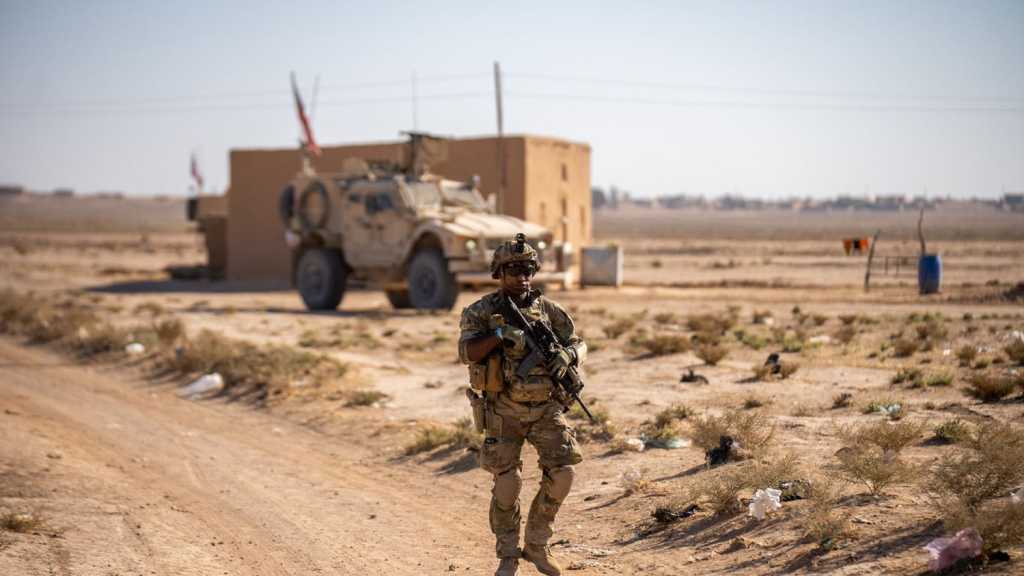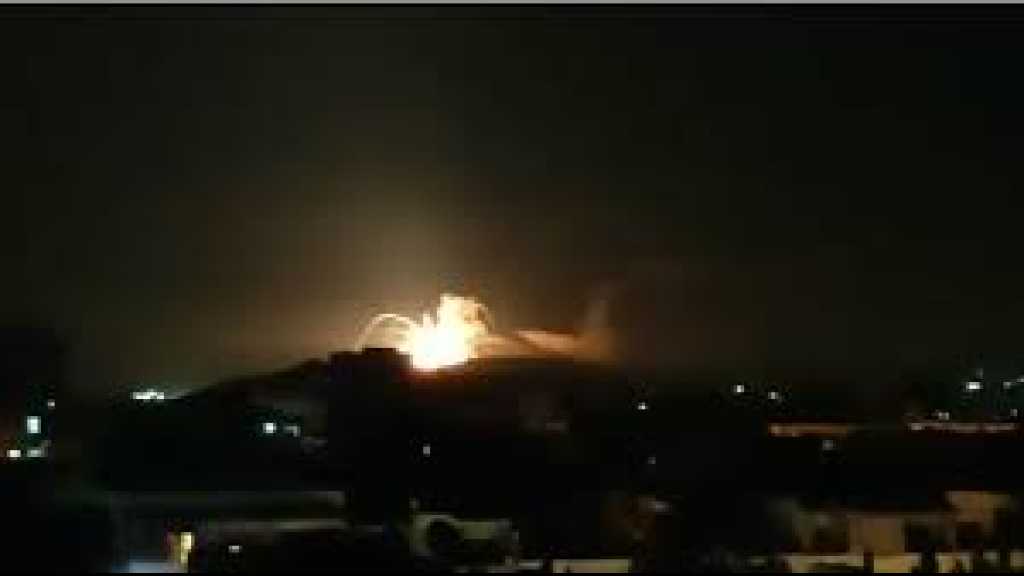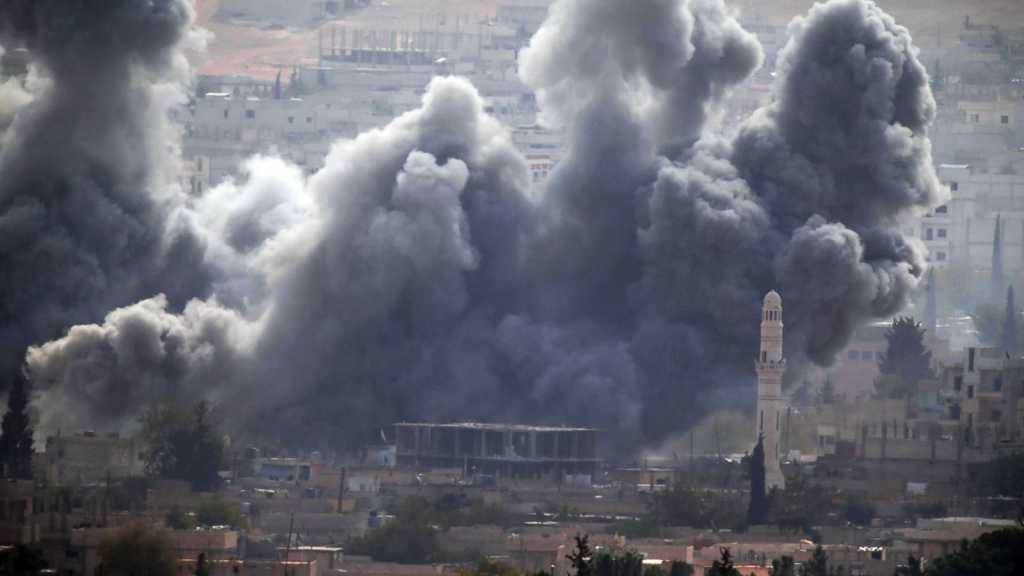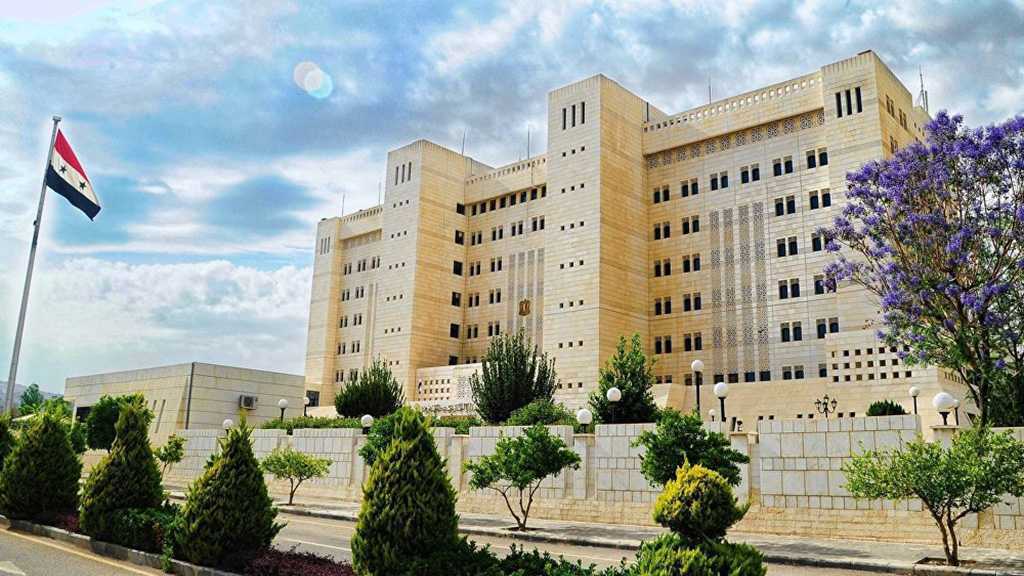As Syria Terrorists Face Defeats, KSA, Turkey Talk of Ground Intervention
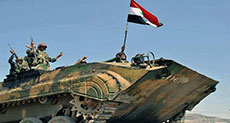
Local Editor
With terrorist groups facing the prospect of a crushing defeat by the Syrian army and the Resistance men, Saudi Arabia, Turkey, and their allies started talking of sending a numbers of ground troops.
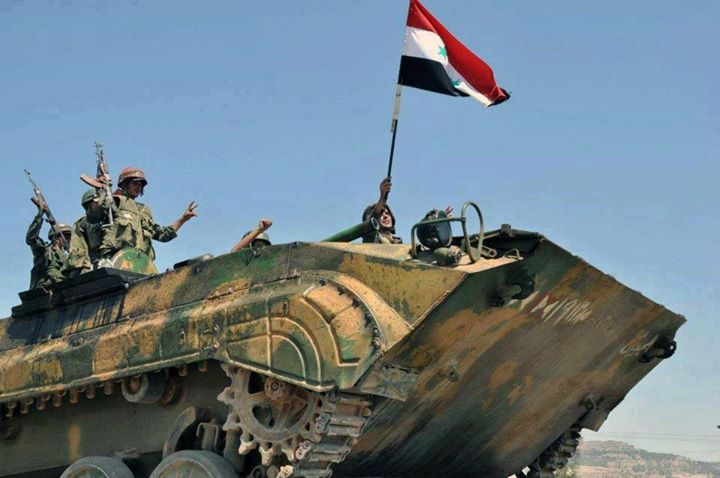
Riyadh on Thursday left open the possibility of deploying soldiers, saying it would "contribute positively" if the US-led coalition decides on ground action.
"I think Saudi Arabia is desperate to do something in Syria," said Andreas Krieg, of the Department of Defense Studies at King's College London.
"This is a problem for Saudi and Qatar as they have massively invested into Syria via the "moderate opposition" as their surrogate on the ground," said Krieg, who also serves as a consultant to the Qatari armed forces.
Russia, which along with Saudi Arabia's regional rival Iran is a major ally of Syria, meanwhile has accused Turkey of "preparations for an armed invasion" of Syria.
But Krieg said Erdogan's policy in Syria has achieved nothing so far.
"Turkey and Saudi need to turn this war around. So any Saudi engagement would be in cooperation with Doha and Ankara," he added.
"The Saudis believe that the chance of a peaceful solution for the Syrian crisis is very limited," said Mustafa Alani, of the independent Gulf Research Center.
"They don't see that there is a real pressure on the regime to give major concessions... They think eventually it will have to end in the battlefield," Alani said.
"Turkey is enthusiastic about this option [of sending ground troops] since the Russians started their air operation and tried to push Turkey outside the equation," he added.
Alani said the Saudis are serious about committing troops "as part of a coalition, especially if the Turkish forces are going to be involved".
"They are overstretched. But in principle I think they will not hesitate to send a certain number of their fighters to fight in Syria," Alani said, adding that this would probably include Saudi special forces.
Krieg said that with Saudi and other Gulf kingdoms "bogged down" in Yemen, he could only foresee a possible expansion of "train and equip" missions involving Gulf Special Forces to help rebels in Syria.
"Saudi and Qatar have already networks on the ground," he said, viewing Doha as a link between Riyadh and Ankara as relations improve.
On Friday, US Central Command spokesman Pat Ryder welcomed Saudi Arabia's willingness to send soldiers against "ISIS".
The United States has been calling on coalition members to do more.
Meanwhile, the tiny Persian Gulf state of Bahrain said it is ready to deploy ground forces to Syria under the Saudi leadership as foreign-backed militants are losing ground in the face of the Syrian army advances.
The announcement by Bahraini Ambassador to Britain Sheikh Fawaz bin Mohammed al-Khalifa on Friday came after Saudi Arabia said it was ready to send troops to Syria.
In a statement, Sheikh Fawaz said Manama would commit troops to operate "in concert with the Saudis" in Syria.
The Bahraini diplomat said the Saudi initiative was meant to combat both Daesh and the government of Syrian President Bashar al-Assad.
"Under the leadership of Saudi Arabia, the [Persian] Gulf states are determined to take positive action within the region and globally to combat terrorism and extremism, from whatever quarter they emanate," he said.
Sheikh Fawaz said the United Arab Emirates [UAE] was also ready to commit troops to Syria.
Jane Kinninmont, senior research fellow at London's Chatham House, said Saudi Arabia is more interested in the war in Yemen than the struggle against "ISIS".
"But what you might see is small numbers of ground troops and perhaps also special forces which would be there partly to make a symbolic point that Saudi Arabia is supporting the fight against "ISIS"," she said.
Source: News Agencies, Edited by website team

